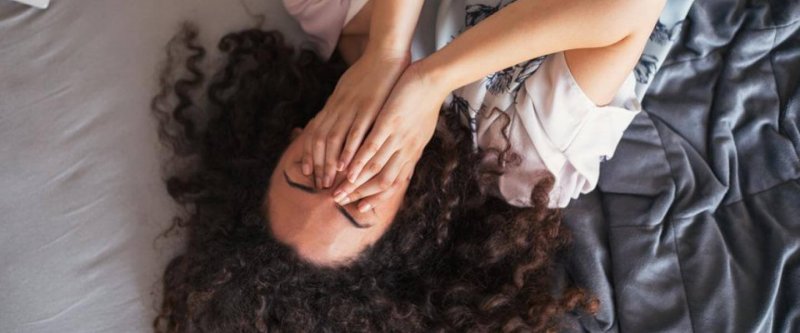Studies in healthy human volunteers have shown how a sleepless night can increase anxiety levels by 30%. In some participants just one night of disturbed sleep resulted in levels of anxiety the next day that were above the threshold for common anxiety disorders. The research, carried out by scientists at the University of California (UC), Berkeley, found links between sleep loss-related anxiety and impaired activity in specific areas of the brain, and also indicated that slow-wave, non-rapid eye movement (NREM) sleep has an anxiolytic effect on brain networks.
“We have identified a new function of deep sleep, one that decreases anxiety overnight by reorganizing connections in the brain,” said study senior author Matthew Walker, PhD, a UC Berkeley professor of neuroscience and psychology. “Deep sleep seems to be a natural anxiolytic (anxiety inhibitor), so long as we get it each and every night.”
…
On a societal level, “the findings suggest that the decimation of sleep throughout most industrialized nations and the marked escalation in anxiety disorders in these same countries is perhaps not coincidental, but causally related,” Walker added. “The best bridge between despair and hope is a good night of sleep.”
Read full, original post: Overstressed and Underslept? Study Shows How Deep Sleep Can Reset Anxious Brain































